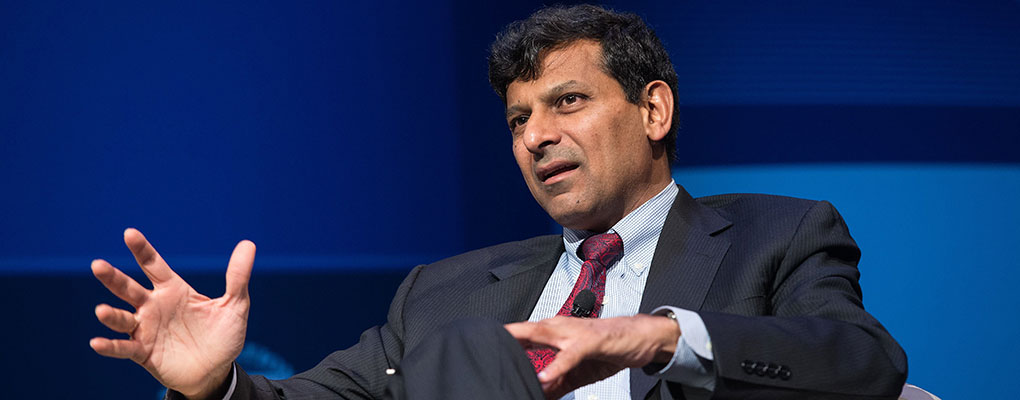
Policymakers from the Group of 20 are meeting in Lima as part of the IMF and World Bank’s annual spring meeting. On the eve of the event, the governor of India’s Central Bank, Raghuram Rajan, has called upon the two Bretton Woods institutions to commit themselves to a number of reforms.
There is often a perception among the developing world that the IMF and World Bank are biased
Rajan, himself a former chief economist at the IMF, has repeated his previous calls for a “global safety net,” to assist economies deal with liquidity dry ups and sudden outflows of capital, backed by the IMF. In September, the IMF, in its Financial Stability report, did warn of a growing threat to liquidity levels in the global economy, while the Institute of International Finance estimates that emerging market economies will see an outflow of $540bn worth of capital in 2015, which would be the first net outflow since the late 1980s.
The recent call by the president of the World Bank, Jim Yong Kim, for the capital base of the bank to be increased was also endorsed by Rajan. It is argued that the bank’s chief arm, the International Bank for Reconstruction and Development should see its $253bn capital base increased, partially as a response to slowdown in emerging markets.
There is often a perception among the developing world that the IMF and World Bank are biased towards the advanced economies of North America and Europe, which has resulted in growing emerging market support for the Chinese-led Asian Infrastructure Investment Bank. To counter this bias in both perception and practice, the governor called for further reforms to both institutions.
“There is no substitute to reforming the global multilateral institutions and making them work more broadly for the membership,” said Rajan, reports The Financial Times.


